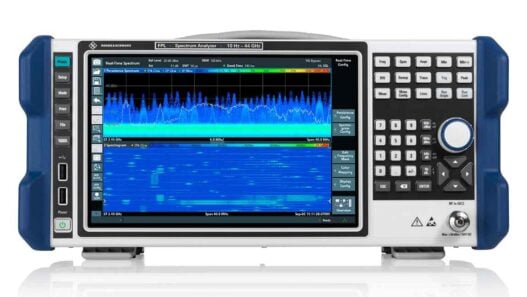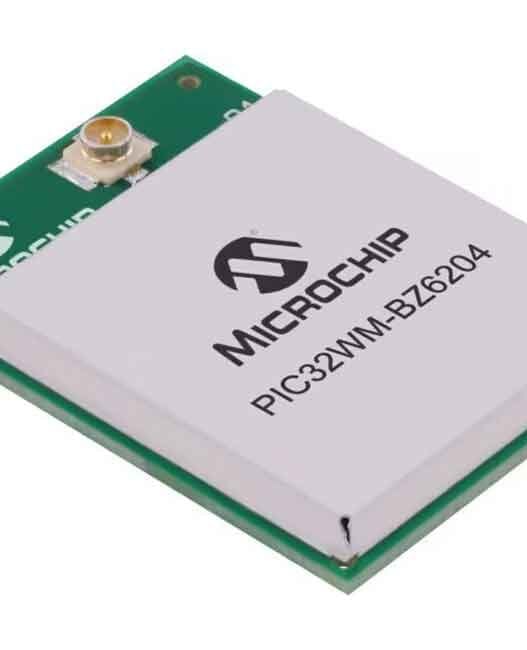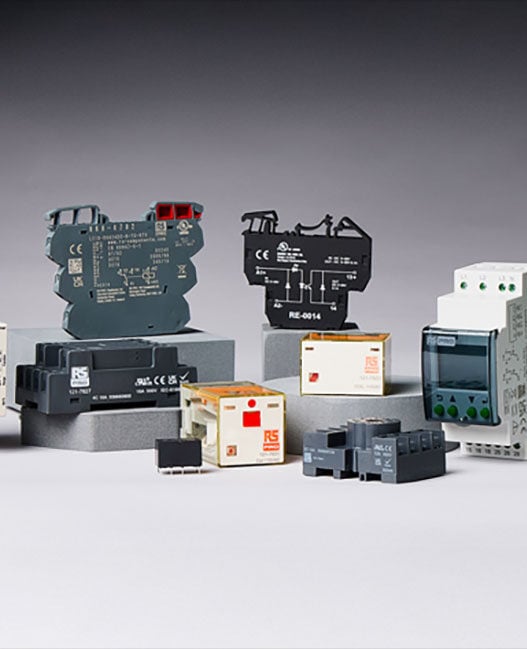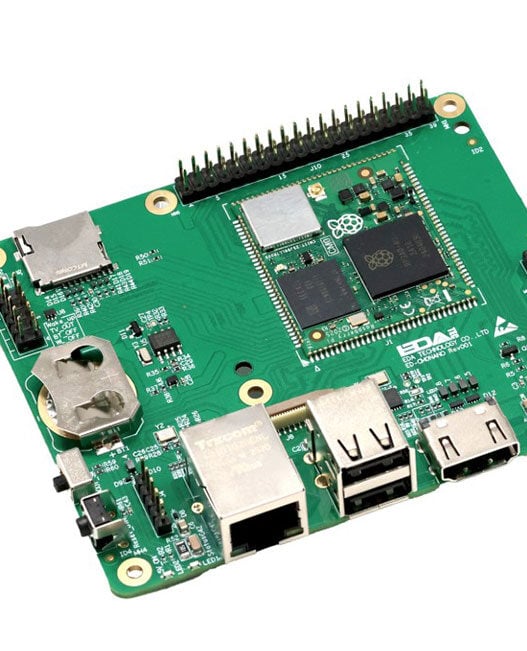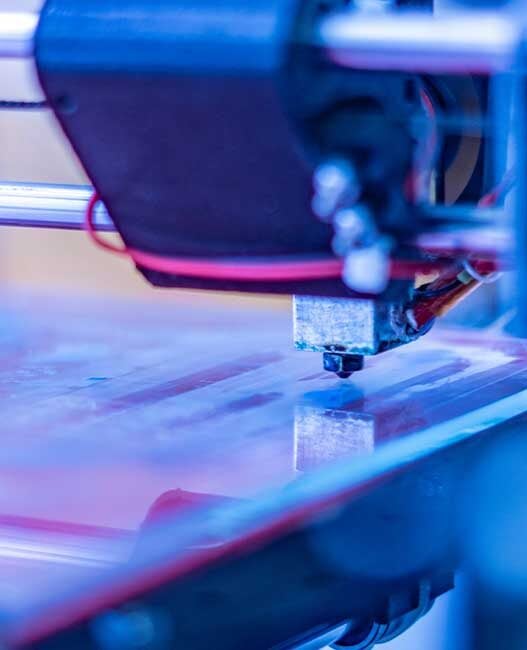This initiative, which involves collaboration with the University of California San Diego, aims to revolutionise the manufacturing processes for semiconductors.
The project’s focus is on halide perovskites, a class of materials developed over the past decade, notable for their potential in enhancing solar cell efficiency. Remarkably, solar cells using perovskites have seen their efficiency soar from 10% to 26% in under 15 years.
Neil Dasgupta, U-M associate professor and principal investigator of the grant, highlights the rapid progress of perovskites: “What’s amazing is the rapid rate of how perovskites have caught up to silicon. From a manufacturing standpoint, they can be less energy intensive to process. You can print them almost like an ink onto materials. They’re also very tuneable and customisable.” This versatility means perovskites can be refined to capture different parts of the light spectrum, potentially making them more cost-effective to produce.
The project also addresses the competitive nature of new technologies like perovskite semiconductors. Traditional competition can lead to duplicated efforts, slowing overall progress. To counter this, the U-M-led team will incorporate ‘federated learning’ into their process. This approach enables multiple entities to contribute test results to a predictive model, enhancing manufacturing processes while safeguarding proprietary information.
Raed Al Kontar, U-M assistant professor of industrial and operations engineering, explains: “With something like perovskite manufacturing, you have different sources of data on factors such as the optimal processing parameters. The question becomes how these different companies that are doing their own research can optimally collaborate and distribute the data they’re collecting through trial-and-error testing.”
Engineers at U-M and UCSD will conduct separate experiments with perovskite semiconductors. Al Kontar will use the data from these experiments to build predictive models, aiding in the determination of key manufacturing parameters like optimal pressure and temperature.
This collaborative approach aligns with the concept of ‘cyber manufacturing’, recognised by the NSF as a crucial intersection of computing and manufacturing with transformative potential.
The project also emphasises a people-first approach, with Michigan Engineering focusing on how technology can assist smaller and medium-sized enterprises in the semiconductor field. Chinedum Okwudire, U-M professor, states: “We’re thinking about how we can use technology to make smaller and medium-sized enterprises competitive in the production of these products.”
The team, including Sarah Crane, research manager at U-M’s Economic Growth Institute, and Julie Hui, assistant professor at the School of Information, will ensure the project meets the needs of the relevant companies and contributes to job creation.
Comprising Neil Dasgupta, Chinedum Okwudire, Raed Al Kontar, Sarah Crane, Julie Hui, and Wei Lu, professor of mechanical engineering at U-M, along with David Fenning from UCSD, the team’s efforts form part of the NSF’s Future Manufacturing program. This program is designed to catalyse new manufacturing capabilities and overcome various barriers in the field, shaping a more innovative future in manufacturing.





